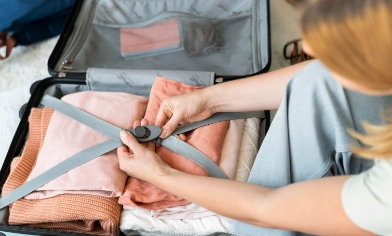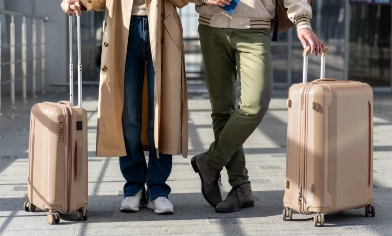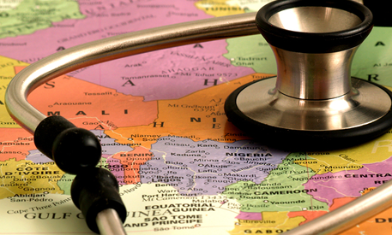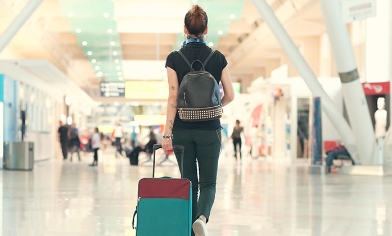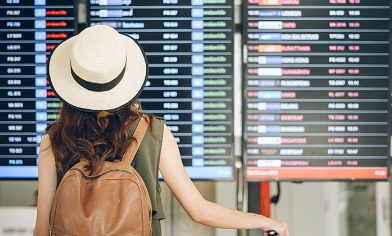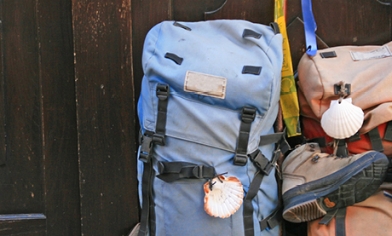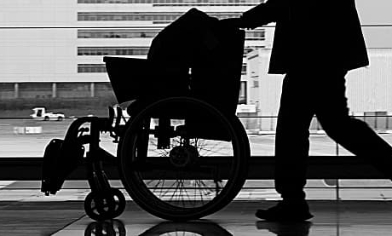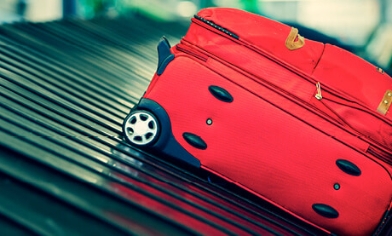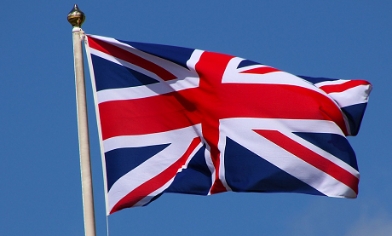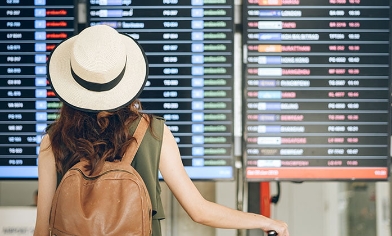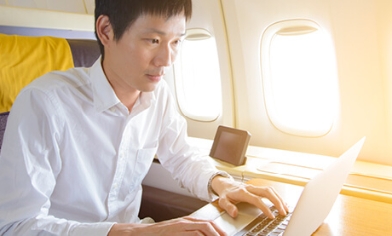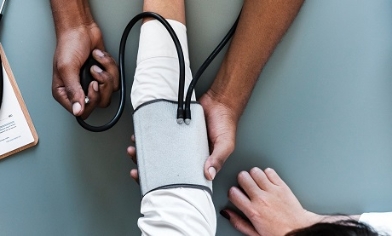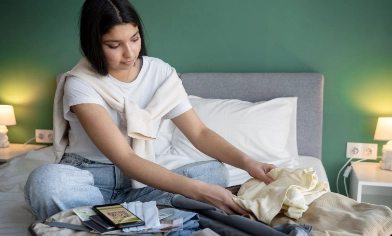Avoiding illness and injury abroad
Top five health issues experienced by UK citizens abroad
Of course, the ideal scenario on holiday is to avoid illness or injury altogether. So how can you help reduce the chances of them happening or, if they do, ease their impact?
We’ve looked at the most common conditions respondents in our survey said they’d sought medical assistance for**. And we’ve provided some preventative and remedial tips to help you avoid or overcome them.
1. Upset tummy/food poisoning or diarrhoea
While usually not serious, stomach upsets or awkward toilet issues can really cramp your style on holiday. Nobody wants to be stuck in the bathroom day and night.
A good rule of thumb is to avoid drinking local water and stick to the bottled kind. Remember that ice cubes are more likely to be made from tap water, and salad leaves may also have traces of water on them too.
And if your diet is usually fairly plain, be aware that rich or spicy new cuisines can cause tummy troubles too. Be sure to pack antacids in your suitcase if you’re prone to indigestion or heartburn.
2. Insect bites and stings
Most insect bites aren’t serious and clear up in a few days. But some can cause allergic reactions, and in some parts of the globe, carry the risk of diseases such as malaria, dengue fever and Zika virus.
Depending on where you’re planning to holiday, getting a vaccination or course of tablets from your doctor is the best way to prevent serious illness from insect bites. A great resource to check before you travel is the NHS Fit for Travel website, packed full of information on worldwide destinations.
Prevention is always better than cure, so to try and avoid being bitten in areas where these viruses are a risk. Cover up with long sleeves and long trousers, especially after sunset. Use insect repellents on exposed skin, and sleep under a mosquito net, or get a mosquito repellent plug-in.
3. Back pains, minor trips, scrapes, falls, sprains and strains
Slippery poolsides, unfamiliar surroundings and being dazzled by the bright sunshine can lead to unexpected trips and scrapes.
Take time to familiarise yourself with the lay of the land, so you can spy out any hazards. Try not to walk and take photos at the same time, and always wear appropriate footwear for every situation.
4. Sun burn/heat rash
Getting sunburn or heat rash can make life on holiday miserable, but neither are usually serious. There are some easy steps you can take to avoid both happening to you while you’re away.
The easiest way to prevent sunburn is to follow the Aussie rules of ‘slip, slap, slop’ – slip on loose, light clothing, slap on a wide-brimmed hat and slop on plenty of SPF30+ broad spectrum sunscreen. Don’t miss out those easy-to-forget spots like the tops of your ears, back of the neck and tops of your feet. An SPF30+ lip balm is also a handy way to get quick protection.
To get the best out of your sun protection, apply 20 minutes before going outdoors, and reapply every couple of hours – or more regularly if you’re in and out of the pool or sea. It’s a good idea to seek out shade when the sun’s at its highest point, typically 11am to 3pm.
Heat rash, or prickly heat, is especially common in high heat and humidity regions, and can be extremely uncomfortable. Thankfully, with a few exceptions, it gets better on its own within a few days. You can help to reduce the chances of getting prickly heat by wearing loose cotton clothing and using lightweight bedding.
To lessen the effects of both sunburn and heat rash, there are some simple tips to follow:
- Take a cool, but not cold, bath or shower
- Apply cool, wet cloths to the skin
- Keep hydrated with plenty of water
- Add moisture to the skin with aloe vera gel
- Treat inflammation and temperature with hydrocortisone cream, paracetamol and ibuprofen
- Try and keep out of the sun as further exposure can make the symptoms worse
5. Fever
Fever can be distressing, but thankfully is rarely serious. You may have picked up a bug during your travels, or it could be the after-effects of sunburn or heatstroke.
The best way to a speedy recovery is to get plenty of rest and stay hydrated. Water is best, try to avoid caffeine and alcohol as these can cause further dehydration. Take paracetamol or ibuprofen to bring down your temperature and remove extra layers unless you’re experiencing chills.




